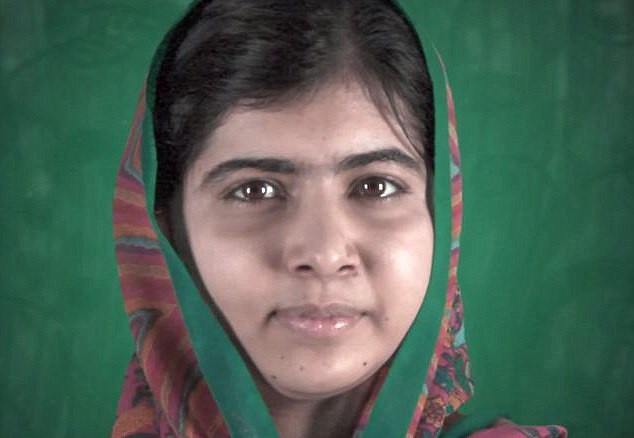Boko Haram: Activist Malala Yousafzai Says Failure to Find Kidnapped Girls will 'Destroy' Nigeria

Rights campaigner Malala Yousafzai, who was shot by the Taliban for advocating women's education, has upbraided Nigeria's government for not focusing on returning the 220 girls abducted by Boko Haram insurgents.
Malala made the comments during a meeting with the missing girls' relatives in Abuja, Borno State.
"If you don't focus on the future generation it means you are destroying your country. Think about these girls," she said.
Boko Haram kidnapped nearly 300 girls in a school in Chibok, Borno State, on 14 April. Some 50 girls managed to escape but around 220 are still missing.
Malala, who has become a global campaigner for human rights since she survived the attempted murder in 2012, told the relatives of the kidnapped girls not to lose hope.
"The situation at Chibok is the same with the situation in Swat where some extremists stopped more than 400 girls from going to school," she said. "And I believe your voices are more powerful than any other weapon. So believe in yourself and go and continue your journey.
"Continue learning and you will succeed because we did succeed in our journey. There is peace in Swat. Every girl is going to school.
"The same way, we will be here one day we will see all of you going to school, getting your education," she added.
Malala is scheduled to meet Nigerian President Goodluck Jonathan on Monday.
Boko Haram opposes the westernisation of Nigeria and wishes to impose sharia law. The group has waged a campaign of terror and violence, characterised by attacks in public spaces, such as schools and hospitals, mainly in northern Nigeria where three states - Borno, Yobe and Adamawa - have been under a state of emergency since May.
The group sparked global outcry when it abducted the schoolgirls in Chibok.
The insurgents carried out another mass kidnapping in June, when they abducted 91 civilians, including toddlers, in a village in northern Nigeria. Two weeks later, 63 girls managed to flee.
Violence linked to the insurgency has resulted in an estimated 10,000 deaths between 2002 and 2013.
© Copyright IBTimes 2025. All rights reserved.






















